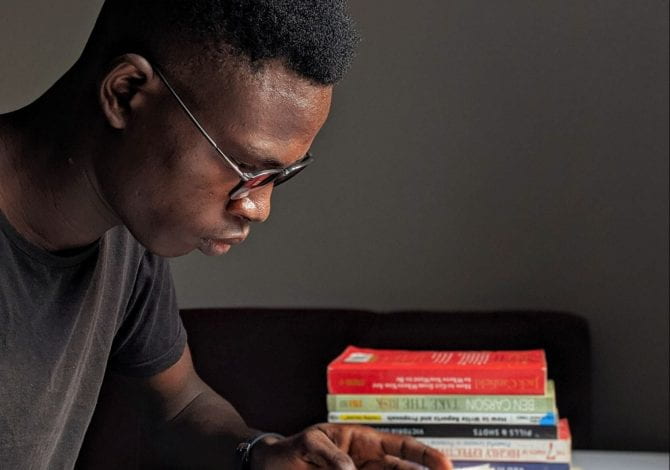Applying for MCs
There is a strict deadline when applying for MCs and you will need to provide independent evidence (eg medical evidence) of the circumstances which affected your ability to do the work.
If you are not able to attend an examination or in-class test (eg a hospital appointment), you should apply for MCs BEFORE the date of the test or examination.
If this isn’t possible (for example, you become ill on the date of the examination), you then have a maximum of 10 working days from the date of the test or examination to apply for MCs.
If you are not able to complete an assessment (eg coursework), you should apply for an extension from your school in the first instance. If you believe, or you are advised that an extension will not give you enough time to get the work done, you should then apply for MCs BEFORE the submission deadline or within 10 working days of the submission deadline.
Once your results have been formally ratified by the Board of Examiners you will not usually be able to make a claim for MCs unless you can provide evidence of really exceptional circumstances.
If your MCs claim is successful you will usually get the opportunity to do the work again. If, after re-assessment, your original mark is higher, then this will override the mark you get in the new assessment.
If your claim for MCs is not successful, you will have 15 working days to provide further evidence. You can only do this once after submission of the initial MCs claim. If you wish to access the Review and Appeal procedure after this point, you will need a clearly evidenced reason for doing so as resubmission of the same evidence a third time to the panel or via the Review and Appeal procedure will not be permitted.





